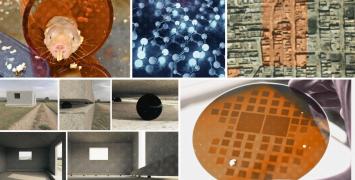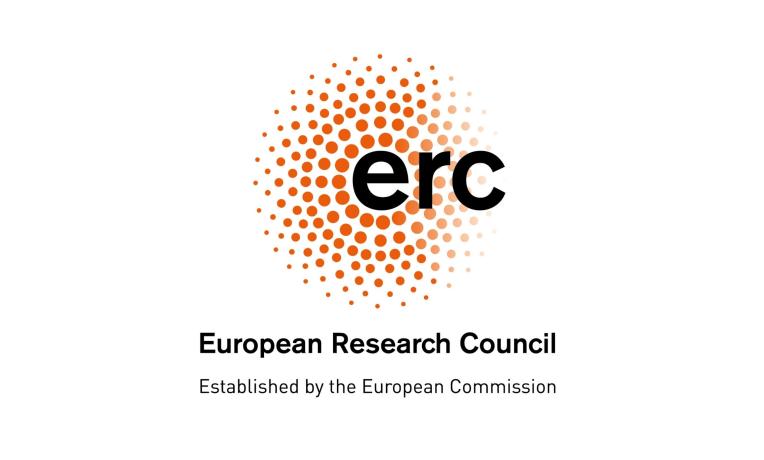
Bug detector from Mars

Dirk Schulze-Makuch is a professor at the Technical University Berlin, where he leads the Astrobiology Research Group and searches for extraterrestrial life. In the course of his research he developed instruments to detect life on Mars. This included tools to spot microbes and their behavior in the natural environment. His new Portable Device for Detecting Pathogens (PortPath) for applications on Earth is a spin-off of this work. An easy-to-use software together with low-cost hardware will indicate whether pathogens are present in a water sample. PortPath promises to be faster and cheaper than previous detection methods, and could be used also by non-medical laypersons. The device will first focus on cholera pathogen, which kills some 140,000 people per year in developing countries. Later, its potential will be tested for detection of other pathogens, as well as in food safety applications.
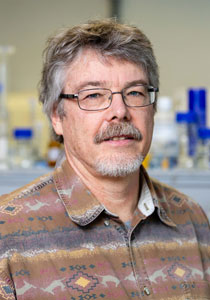
© TU Berlin/Felix Noak
Proof of Concept grant: PortPath A Portable Device for Detecting Pathogens
Main ERC grant: Habitability of Martian Environments: Exploring the Physiological and Environmental Limits of Life (HOME) - Advanced Grant 2013
ERC grantee: Dirk Schulze-Makuch
Host institution: Technical University Berlin, Germany
ERC funding: 150,000
New generation hearing implants

Hearing loss affects around 6% of the world population and harms people’s social, emotional, and economic wellbeing. For more than 40 years cochlear implants have been used to restore hearing. They bypass the damaged hair cells and directly stimulate the auditory nerve by means of a cochlear electrode. Today they are implanted in around 420,000 individuals worldwide. However, these devices have many drawbacks. Haluk Külah from Middle East Technical University in Turkey aims to eliminate these downsides to create the first fully implantable, low-power, energy-harvesting next generation cochlear implant that mimics the natural hearing mechanism of the ear. The implants are expected to give more natural and clear sound. Moreover, being fully implanted, the new device will not suffer from risks of mechanical damage or contact with water, and should not raise users’ aesthetic concerns.
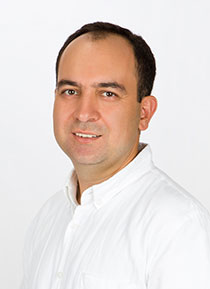
Proof of Concept grant: OPERA - Road to Market for Fully Implantable Cochlear Implant: Phase 1
Main ERC grant: A Fully-Implantable MEMS-Based Autonomous Cochlear Implant (FLAMENCO) – Consolidator Grant 2015
ERC grantee: Haluk Külah
Host institution: Middle East Technical University, Turkey
ERC funding: 150,000
Democratizing DNA data

Genetics play a key role in understanding multiple diseases, holding promise for medical interventions and drug targets. Although genetic data is vital for scientific discovery, the largest datasets are now held by commercial direct-to-consumer (DTC) genetics companies, with increasingly limited access to scientists. Individual citizens, however, are ‘data owners’ and can freely download and donate their DTC genetic data, digital archives and surveys. The aim of DNA4Science, proposed by Melinda Mills from University of Oxford, is to develop a sustainable social business enterprise to ethically distribute donated data for use by certified scientists on a cost-recovery basis. Researchers will gain access to unique and novel data and functions including aggregated digital phenotypes, the ability to add customised questionnaire modules, cost-effective data collection and professional, rapid dissemination. DNA4Science has the potential to lower treatment costs and hasten their speed to market, as well as to democratise data ownership, putting citizens rights first.
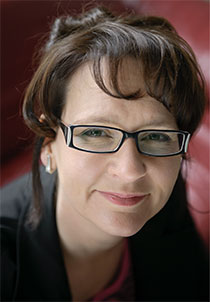
Proof of Concept grant: DNA4Science: Citizen-science data collection for ethical data re-use
Main grant: Chronotype, health and family: The role of biology, socio- and natural environment and their interaction (CHRONO)
ERC grantee: Melinda Mills
Host institution: University of Oxford, UK
ERC funding: 150,000



